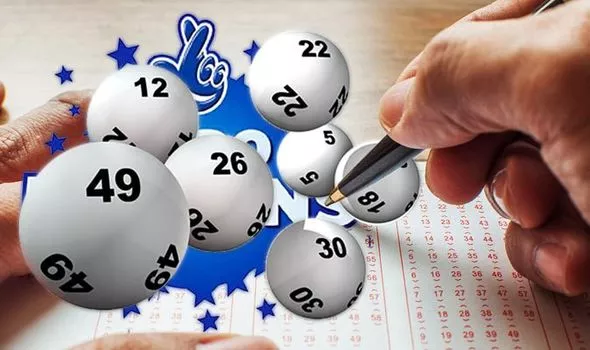Luck is a concept that has fascinated humanity for centuries. Whether it’s finding a four-leaf clover, crossing paths with a black cat, or winning big in the lottery, we often attribute certain outcomes to luck. But is there a scientific basis behind luck? And can it truly be harnessed, particularly when it comes to the lottery? Let’s delve into the science of luck and explore whether there’s more to winning the Bandar Togel than mere chance.
Understanding Luck: Luck, in its simplest form, refers to random chance or an unpredictable outcome. However, psychologists and researchers have long debated the nature of luck. Some believe luck is purely random, while others argue that it’s a combination of chance, perception, and opportunity.
Psychologist Richard Wiseman conducted extensive research on luck and found that lucky individuals tend to exhibit certain behaviors and traits. They are often more open to new experiences, flexible in their thinking, and adept at creating and noticing opportunities. In contrast, unlucky individuals may be more rigid in their thinking and overlook potential opportunities.
Wiseman’s findings suggest that luck isn’t entirely random but can be influenced by our attitudes and behaviors. This raises the intriguing possibility that luck may be something we can cultivate and harness to some extent.
The Lottery Dilemma: Now, let’s shift our focus to the lottery, a quintessential game of chance that captures the imagination of millions worldwide. People flock to buy lottery tickets, hoping to defy the odds and strike it rich. But can luck truly play a role in winning the lottery?
From a statistical standpoint, the odds of winning the lottery jackpot are typically astronomical, often millions or even billions to one. In most cases, winning comes down to pure luck, with each ticket having an equal chance of success. However, some lottery enthusiasts believe there are strategies and techniques that can tilt the odds in their favor.
Strategies for “Harnessing” Luck: While there’s no foolproof method for winning the lottery, some people swear by certain strategies they claim increase their chances. These strategies often revolve around selecting numbers based on personal significance, such as birthdays, anniversaries, or lucky numbers. Additionally, some players employ systems like wheeling or pooling resources with others to increase their number combinations.
Psychological studies suggest that these strategies may serve more to enhance players’ sense of control and optimism rather than significantly improving their odds of winning. However, for some individuals, feeling empowered and optimistic may be enough to keep them playing and hopeful of a big win.
The Role of Probability: Probability theory underpins the mathematics of games of chance like the lottery. It provides a framework for understanding the likelihood of different outcomes and allows us to make informed decisions based on risk and reward.
In the context of the lottery, probability tells us that each number combination has an equal chance of being drawn, regardless of whether it holds personal significance or follows a particular pattern. While certain strategies may make players feel luckier, they don’t fundamentally alter the underlying probability of winning.
Conclusion: The science of luck is a fascinating and complex subject that intersects with psychology, probability, and human behavior. While luck may seem elusive and mysterious, research suggests that our attitudes and behaviors can influence our experiences of luck to some degree.
